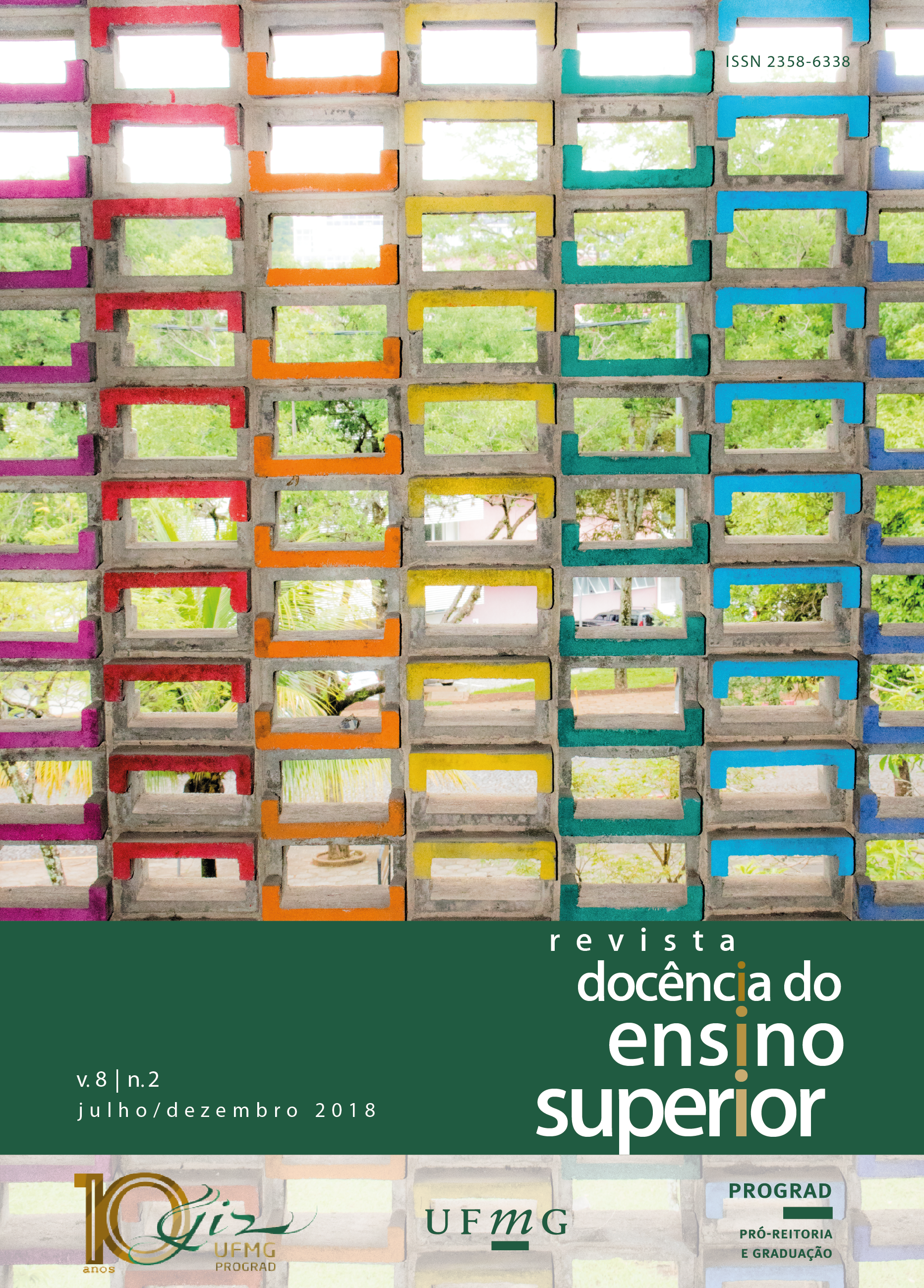Facebook as a complementary learning tool in a Family and Community Medicine discipline
experience report
DOI:
https://doi.org/10.35699/2237-5864.2018.2359Keywords:
Social networking, Education, Family PracticeAbstract
The use of Social Networks in learning process has expanded in recent years due to its popularity among students, the flexibility of time spend there and its potential for teachers and students interaction and among students themselves. We present the Federal University of Ouro Preto School of Medicine “Family and Community Medicine” discipline experience, where Facebook Social Network is used as a complementary tool in the academic learning process. In a controlled and secret group of this network, the students enrolled in the discipline convert daily clinical doubts into learning objectives under supervision of the responsible teachers. The academics participation is neither mandatory nor evaluative. It is a complementary strategy in which there was active participation arising from patient care doubts, making the students’ interactions qualified, and the process of learning contextual and meaningful.
Downloads
Downloads
Published
Issue
Section
License
Authors who publish in this journal retain the copyright and grant the journal the right of first publication, with the work simultaneously licensed under the Creative Commons Attribution License which allows the sharing of work with acknowledgment of authorship and initial publication in this journal.
Authors are authorized to take additional contracts separately, for non-exclusive distribution of the version of the work published in this journal (e.g. publish in institutional repository or as a book chapter), with acknowledgment of authorship and initial publication in this journal.
Open access policy:
Revista Docência do Ensino Superior is an Open Access journal, which means that all content is available free of charge, at no cost to the user or their institution. Users may read, download, copy, distribute, print, search, or link to the full texts of the articles, or use them for any other legal purpose, without seeking prior permission from the publisher or author, provided they respect the license to use the Creative Commons used by the journal. This definition of open access is in line with the Budapest Open Access Initiative (BOAI).



























